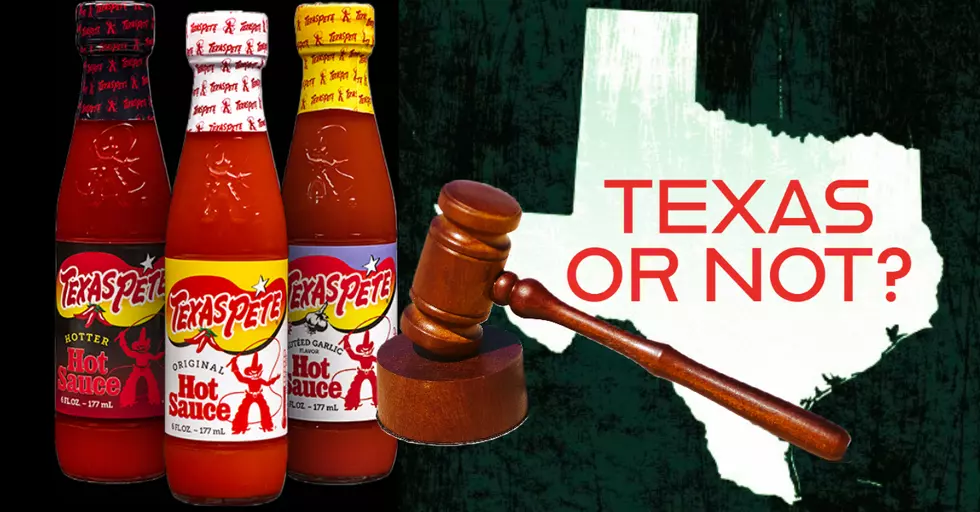Could Texas Social Media Anti-Censorship Law Do More Harm Than Good?

Last month, Governor Greg Abbott signed Texas House Bill 20, which would prevent social media companies with more than 50 million monthly users from banning users for posting political content.
Tech companies have responded with a lawsuit to block the law.
University of Texas Journalism Assistant professor Samuel Wooley told KVUE-TV in Austin the law "could have a harmful ripple effect".
"These companies can control your speech," said Wooley. "They're private entities and they have to be treated as such. Otherwise, we risk getting on a slippery slope where we start telling people and their businesses that they can't say certain political things in their businesses."
Wooley goes on to say that the bill is akin to treating social media companies like phone companies.
"It tries to treat social media companies like phone companies and say, 'You can't treat someone differently because they have a different politics on the phone,' so you shouldn't be able to do on social media," said Wooley. "Social media is a whole different ballgame."
Supporters of the Republican-led anti-censorship law said it protects freedom of speech, but Wooley said it could increase the spread of misinformation.
"This misinformation that's spreading around is about health, it's about health care, it's about the elections and, increasingly, it's becoming really dangerous to people," said Wooley. "Actually, the research shows that false information and bad news travels a lot quicker online than true information or good news."
KVUE reports a similar bill in Florida was blocked by a judge.
So, what is your opinion of House Bill 20? Do you think it protects freedom of speech or do you think it could increase the spread of misinformation? Tell us what you think on Facebook or on our station app.
42 Texas Kids Were Reported Missing In August 2021, Including 7 That Are Under The Age Of 14
12 Unsolved Mysteries Plaguing Texas Families
Inside Amazon: A Detailed History of America's Biggest Online Retailer
More From 97.5 KGKL









